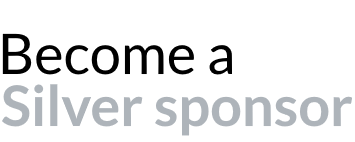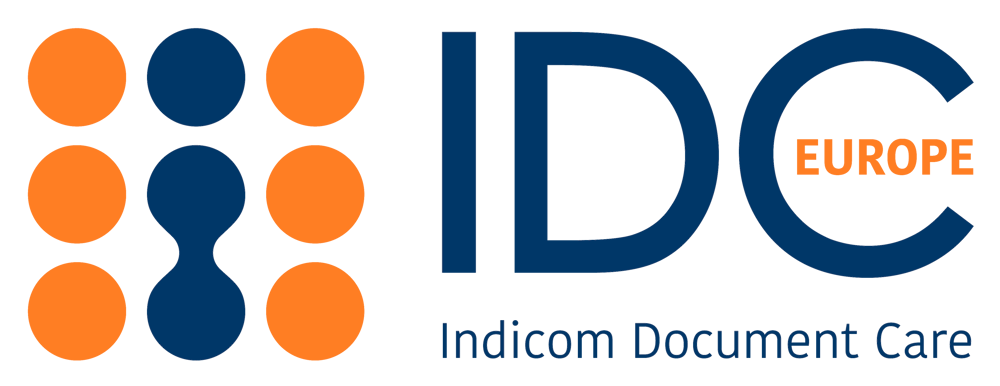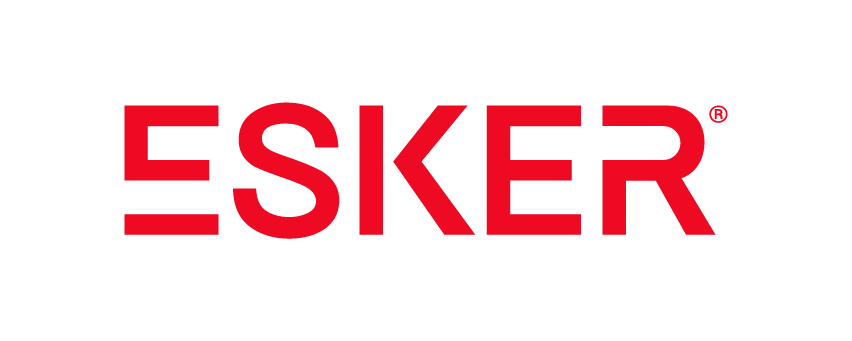Entering the new year 2025, the Growth Opportunity Act’s regulations mandating electronic invoicing between businesses takes effect.
All domestic business transactions in scope
The regulation intentionally casts a wide net of transactions covered. In essence, it affects all VAT-bearing domestic invoices. Preempting and consciously preparing the approach of carrying VAT in(to) the Digital Age, the focus of the financial administration is two-fold. For one, help the adoption of electronic, and therefore automatable, invoicing in the German economy to cross critical mass to provide benefits to all economic operators. And second, enable to integrate reporting of VAT as such into daily business operations.
The aim is to eventually remove the need to file separate, periodic reports. While this has proven to be a practical approach in offline, paper-based business execution in the past, it is failing to keep pace with the digital evolution. Moreover, it is actually opening more pathways to abuse and circumventing the VAT collection system. Closing these gaps is the main incentive for the German (and other EU member states’) financial administrations.
Transition period until end of 2027
As a system of interdependent, but independent economic actors, legislation includes an incremental implementation phase for the 3 years starting 2025. The intention is to avoid disruptive change causing undesirable side effects. Therefore, the mandate postpones the requirement to only issue electronic invoices until end of 2026 (and for small businesses until the end of 2027).
For now, the major shift is to legally require anyone to be able to receive compliant electronic invoices. This enables any invoice issuer to pick their own invoicing mode – electronic or “other” – at their own discretion, earlier or later. In practice, this also means that any vendor may safely assume that many of their customers are not forcing them to go “fully electronic” on Day 1. As a result, the “1.1.2025” therefore won’t cause much disruption. Still, the transition phase starts for real, since some (potentially larger) customers may take up their (smaller) vendors on their obligation soon to streamline their own business operations.
Note that with this motivation, use of electronic invoicing may well go beyond the pure mandated scope of VAT-bearing invoices and affect tax-exempt businesses just as well. As such the mandate serves its role to trigger comprehensive efficiency gains across the entire German (and EU) economy.
Finding common ground in practice
Although use of “electronic, structured invoicing” is now mandatory as such, the economy enjoys considerable freedom to find the best way forward. The parties need to agree on both the transmission option as well as the actual technical invoice syntax used. The market forces will soon establish a customary selection process matching capabilities offered by a buyer against the issuing preferences of the seller. The ease of low-threshold, but insecure E-Mail with attachments including visual representation weighs against more secure, data-oriented methods. In the end, a spectrum of methods will find a balance driven by business realities.
Prepare for the real challenge:
VAT in the Digital Age (ViDA) across the entire EU from 2030
Clearing the hurdle of domestic electronic invoicing is not enough achievement in itself though. From the beginning of the political process, the European level provided the actual guardrails both in the timelines as well as the conceptual approach. While actual adoption of the anticipated Directive as proposed by the European Commission in December 2022 took until early November this year, its timelines have not changed dramatically. Starting July 2030, the directive requires EU-wide VAT declaration to switch to electronic, transaction-based reporting. In Germany, today’s B2B mandate decidedly is the stepping stone towards implementation of the ViDA directive.








No comment yet, add your voice below!